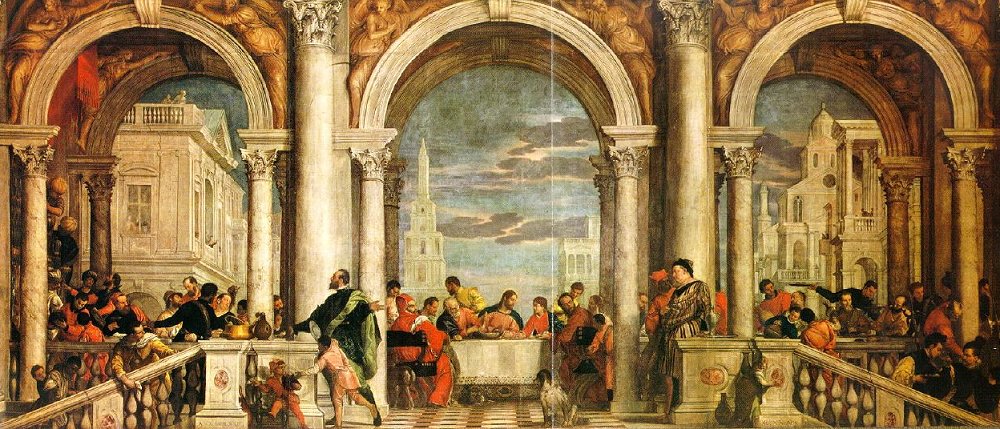And I find myself asking, how do we create the world that we want to live in right here in our own local contexts in a world gone mad? How do we participate in the work of listening, cross-cultural friendships and working towards equality and justice for everyone in our communities? At times, this may seem downright impossible, especially if you pay any attention to the national news. We are a people divided – down gender lines, political lines, racial lines, and economic lines.
But I believe that the church has a role here. And especially the church that is committed to the flourishing of a particular place and all the people who live there. I believe in the power of change in the local, among neighbors and mothers, gardeners and dog walkers. Though admittedly, the church has not always been known for the kind of radical hospitality, inclusiveness and invitation that Jesus demonstrated, I believe that this is our call as the church and a sign of hope for our communities. The small taste that I have experienced here in my own neighborhood of sharing meals and friendship across culture, race and economic divides has been a little glimpse of heaven.
Recovering this practice of hospitality is essential today in our communities that have grown insular, defensive, fearful and harsh. “Through the practice of Christian hospitality the church participates in God’s peaceable kingdom,” Darrell Guder has observed. “Such hospitality indicates the crossing of boundaries (ethnic origin, economic condition, political orientation, gender status, social experience, educational background) by being open and welcoming of the other. Without such communities of hospitality, the world will have no way of knowing that all God’s creation is meant to live in peace.”
I want to continue to use my voice to speak out for peace and to advocate for justice, and I am excited to march on Saturday to stand with my sisters and daughters all across this nation. And yet, it is not enough. Unless I am participating in justice right here with my own neighbors. Unless I am forging friendships across difference. Unless I am extending the kind of radical hospitality that Jesus did when he welcomed the marginalized and oppressed groups of his day – the tax collectors, Samaritans, women, lepers, the addicts and those employed in the sex trade, the disabled and the poor.
As The Practicing Church, I long to live into this kind of hospitality where all are invited to the feast of God. Like a party scene from the gospels at the home of the tax collector most famously portrayed in this controversial painting, Feast at the House of Levi by Paolo Veronese (1573). In its time, it was subject to scrutiny by the Roman Catholic Inquisition for its irreverence, indecorum and even heresy. How quickly we forget how scandalous the grace is that we’ve been given. That we are guests of the hospitality of Christ invited home into the upside-down ways of the kingdom, where the poor are rich, the oppressed are mighty, the scandalous are given dignity, the lonely are put into families, and where our cultural, racial and economic divides disappear as we stand together as children of God. In the words of Martin Luther King Jr., “I refuse to accept the view that mankind is so tragically bound to the starless midnight of racism and war that the bright daybreak of peace and brotherhood can never become a reality… I believe that unarmed truth and unconditional love will have the final word.”
by Jessica Ketola

 RSS Feed
RSS Feed
